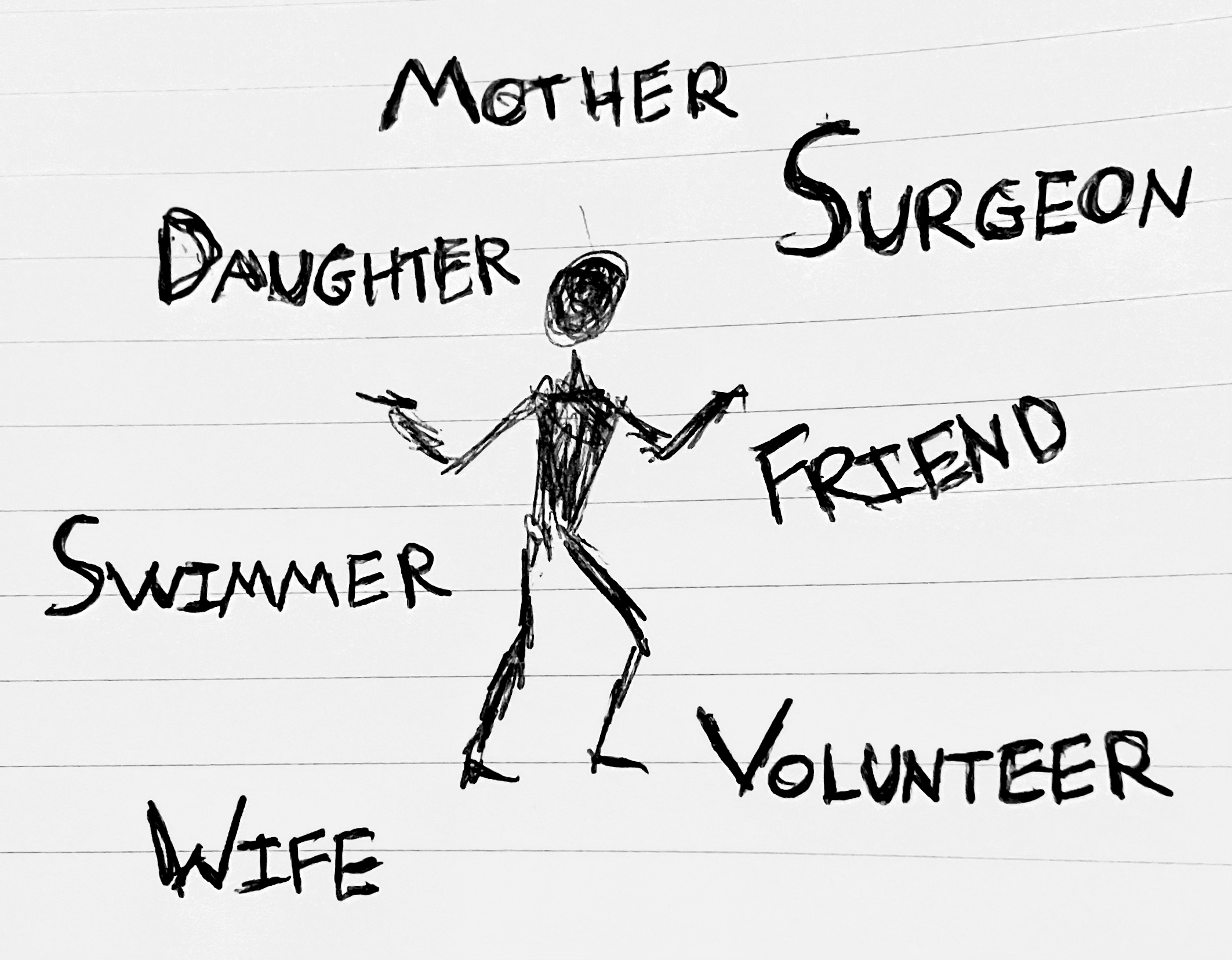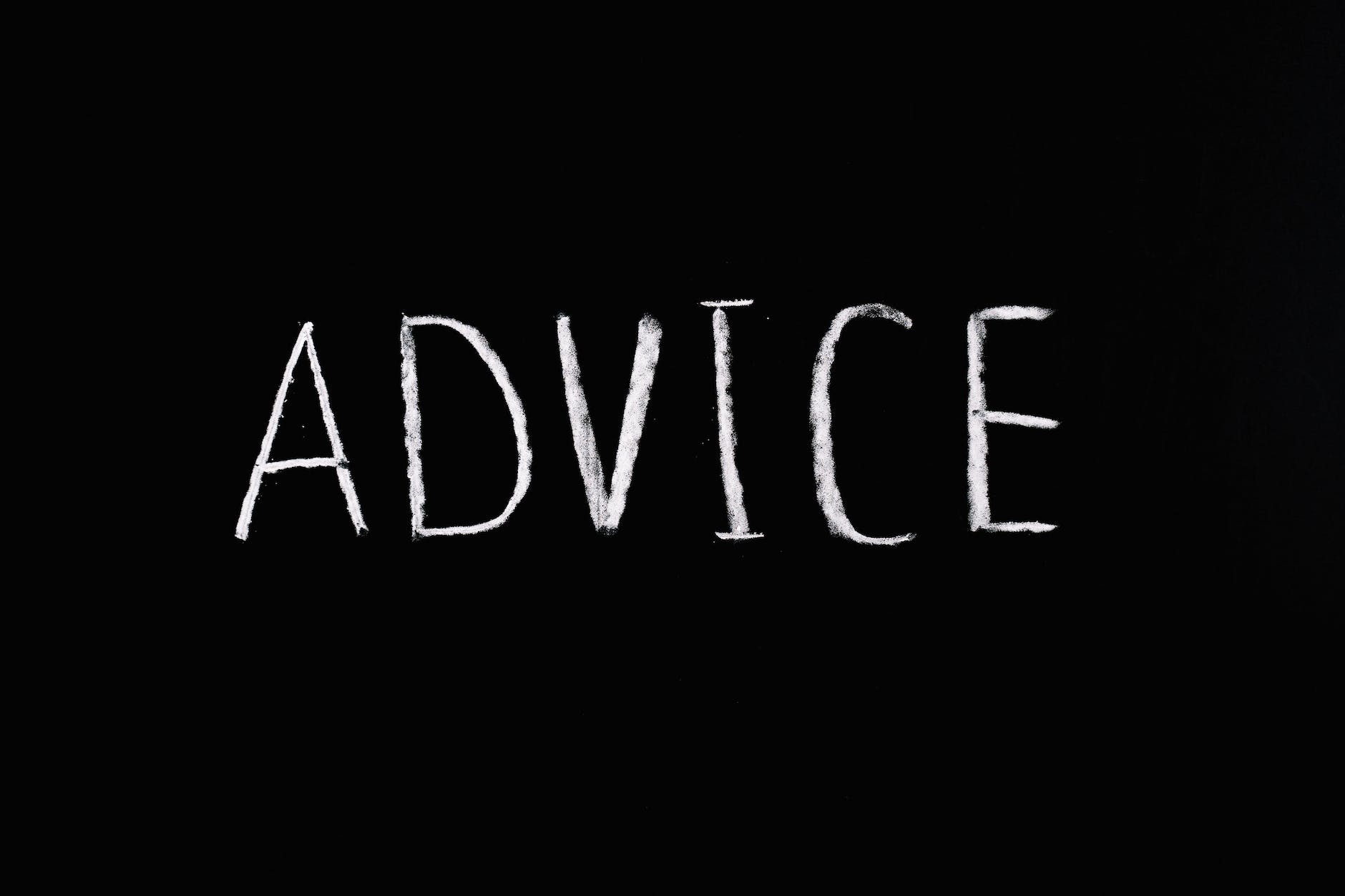Feeling valued, optimise responsibility, and empower trainees to combat burnout.
Stress and burnout are common for clinicians. They are multifactorial; both life in work and outside work contribute. I have discussed elsewhere how I suggest to navigate ‘work-life balance’ but that does not consider the characteristics of work. Stress and burnout is the end result if work is sufficiently miserable, no matter what happens outside of work.
So what can clinical departments do to combat stress and burnout? There are the obvious things (some of which are not within the control of individual teams): adequate staffing, better (timely, accurate, higher) pay, free tea/coffee/biscuits, leaving on time, avoiding last-minute (unnecessary) requests, preventing a culture of bullying, etc.
In addition, consider the three factors that determine people feeling fulfilled in their jobs:
Valued – e.g. “I make a positive impact at work”
Responsibility – e.g. “My work is matched to my ability & experience”
Autonomy – e.g. “I am empowered to change things for the better”
A culture where trainees feel valued
At the end of every clinician’s work is a patient and their family. Too often the impact of writing in the notes and doing the bloods requests feels distant from those people. So, departments should aim to re-connect value between the work trainees do and the impact they have. Direct feedback from patients is good (though patients may also not be aware of the trainees doing work ‘behind the scenes’). Regular, public, specific, sincere thanks from consultants is needed. It cannot be a throw-away ‘thanks for your work this week’. It also doesn’t need to be a ‘team member of the week’ award, which can sometimes feel contrived.
I suggest: during weekly departmental teaching/MDT, over a cup of tea, one of the consultants comments on one specific thing that has benefitted the team or patients. E.g. “I really appreciate you leaving theatre on Wednesday to review Mr. Smith. It must have been frustrating to miss the end of that laparotomy but it meant he got resuscitated and back to theatre promptly, thank you.” This must be done publicly i.e. with other consultants and trainees present.
Giving trainees responsibility
This is certainly the hardest to achieve. There is a relatively fine line between insufficient and too much responsibility, but both eat away at the joy of work. Departments need to think where they could improve. Do we leave the FYs to run the ward without any registrar cover all week? Or, do we make the ST6-8 discuss every patient before seeing them?
This comes down to the challenge of optimum supervision and having practices in place for support without smothering. For example, allow senior registrars to do their own clinics whilst being available to discuss uncertainties. This is more difficult for the supervisor than giving too much responsibility (‘only call me if there is a major problem’) or not enough (‘please check every plan with me’).
Grant autonomy everywhere possible
More change is possible in the NHS than we think (or than we’re accustomed to think). Giving trainees the opportunity to make changes provides an element of control into a job where there are many variables that cannot be influenced. This should start with the rota: choice over annual leave is an absolute minimum. Facilitate swaps wherever safe to do so. It should then extend to (almost) anything that is perceived to be of benefit: the way the doctors’ office is arranged, how handovers are done, getting a coffee machine in the office etc. The rotational nature of training does pose a challenge because it is not sensible to make big changes every 4-6 months. I believe in most departments it is possible to shift the culture towards empowered trainees, rather than maintaining the status quo.
Also see:
Harmony in Chaos: Redefining Work-Life Balance for Clinicians [Blog 013]
The no asshole rule by Robert Sutton



